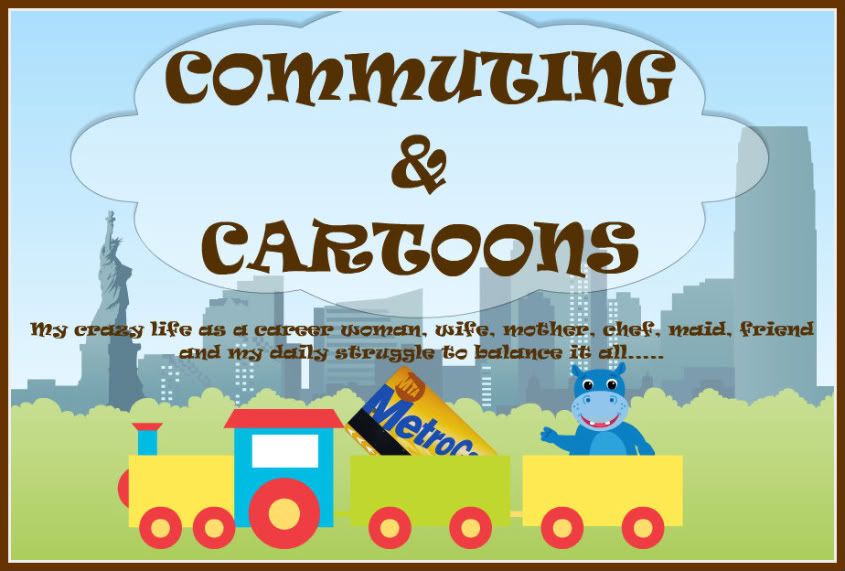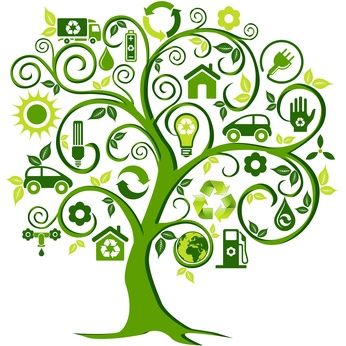If you take a closer look around the produce section of your supermarket you’ll notice that a lot of them come from outside the USA. The pesticides that are used in the US are bad enough that I don’t even want to think about what they’re using in Chile or Uruguay. Not to mention what kind of genetically modified foods are also lurking in our supermarkets. (those little stickers on your produce DO actually mean something other than price). Eating organic drastically reduces your exposure to these harmful pesticides and GMOs, but it can also make for an expensive shopping trip. To keep down cost I stick to the “dirtydozen” list and buy those items as organic. The Environmental Working Group publishes this list along with its partner list (the Clean 15). The lists include the top foods that have the highest & lowest content of pesticides. The highest (on the dirty list) are the ones that should be purchased organic and the lowest (the clean list) are OK to be purchased non-organic.
If you’ve thought of going green but don’t quite know where to start, try making one small adjustment in your life. Whether that’s recycling, or using your own bags at the supermarket or carpooling to work. You don’t have to make crazy changes in your life and you also don’t have to do everything. These are some of the simple changes I’ve made in my life:
- Recycle all of my paper,
metal & plastic
- Use reusable bags when shopping
- Use energy efficient light
bulbs & appliances
- Buy organic foods off of the
“dirty dozen” list
- Changed to green cleaning
products & laundry detergent
- Use reusable coffee and
water cups at work
- Purchase oxybenzone-free
sunscreen for summer
- Switching to holistic medicine
- Buy a hybrid or electric car
- Use paraben-free makup
- Use sodium laurel sulfate
(SLS) free shampoo & conditioners
- Implement Meatless
Mondays. It’s not just about being
vegetarian. If everyone in the US were to eat meat one less day a week it would
save 99.6 megatons of greenhouse gas emissions caused by livestock farming.
(that’s the equivalent of taking 19.2 million cars off U.S. roads for a
year!!)
- Composting kitchen scraps
- Environmental Working Group (EWG) – A Wealth of Information from Green products to GMOs
- Center for Science in the Public Interest – website that breaks down ingredients in foods
- Skin Deep Database – rates beauty products
- Just Label it – Genetically Modified Foods
- Non GMO Project – Genetically Modified Foods
- Clean 15/dirty dozen List – organic shopping
guide published by EWG




No comments:
Post a Comment